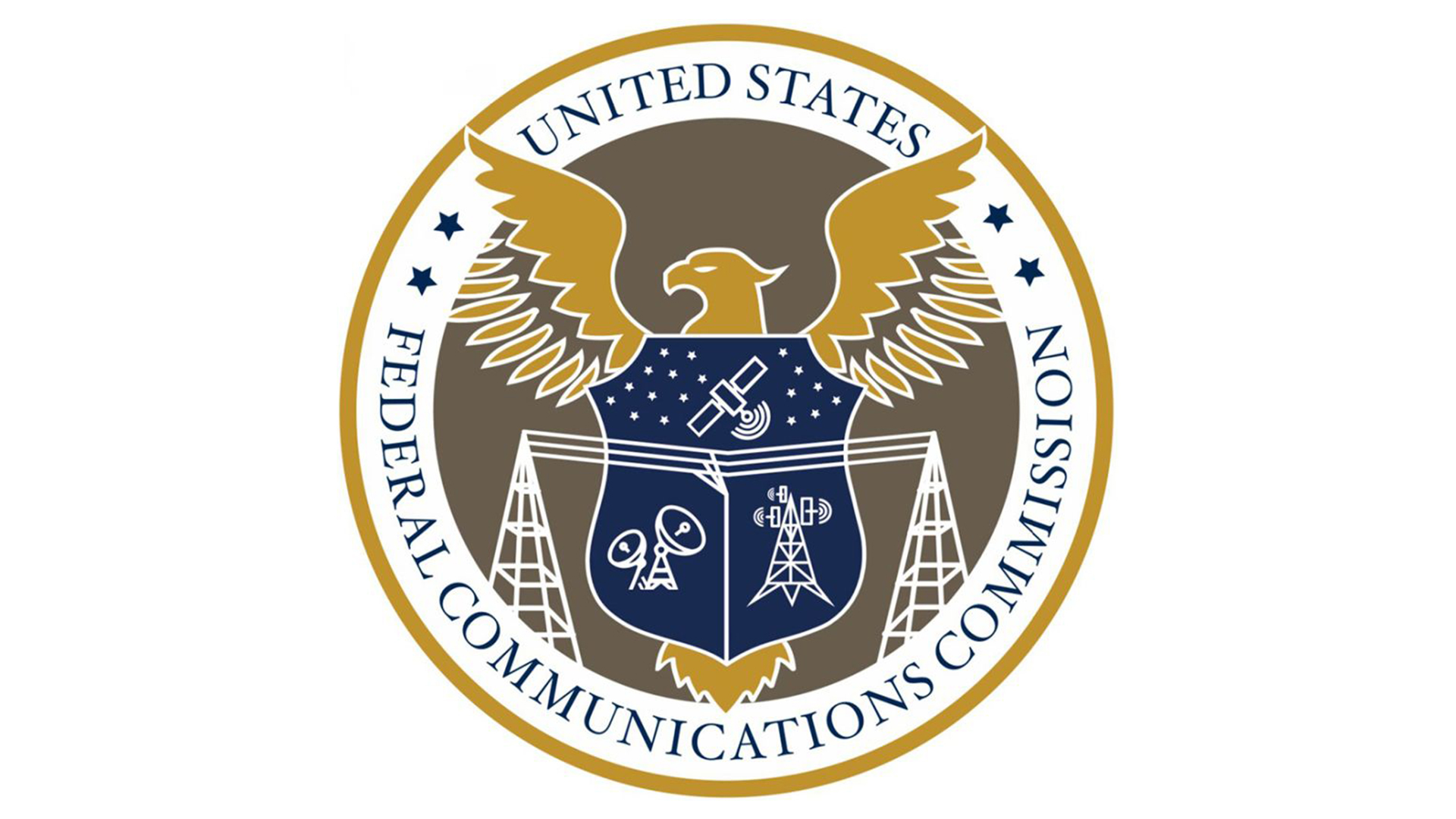FCC Watch: Charter Petition, Other Big Issues Remain Unresolved
WWOR waiver, Scripps/Ion deal also among question marks

The smarter way to stay on top of the multichannel video marketplace. Sign up below.
You are now subscribed
Your newsletter sign-up was successful
As the tenure of FCC chairman Ajit Pai and his deregulatory Republican majority winds down, D.C. policy watchers are looking for action on some big issues yet to be resolved one way or the other.
While the regulatory wheels often grind slowly, with the change in administrations coming up and a Republican, majority still in force for a few weeks more, there are some big decisions in Pai's control, ones that could have very different outcomes if left to the Democratic majority that will, eventually, hold sway at the FCC sometime after Jan. 20.
Democrats have asked the chairman not to take action on any "controversial" items as he heads for the exit, a definition Dems would certainly apply to the Sec. 230 item and Charter petition at least, but Pai is under no obligation to comply, or if he did, to use the same definition of controversial, though it would be hard not to apply it to Sec. 230 and regulating social media.
Arguably the biggest to-do's not yet "to-done" are:
1. Whether the FCC will grant a permanent waiver to News Corp. so that it can continue to own both WWOR Secaucus, N.J. (New York) and the New York Post.
Fox Television Stations has asked the FCC for a permanent waiver of the newspaper-broadcast cross ownership rule for WWOR-TV Secaucus, N.J. Fox already has a permanent waiver of the rule to own WNYW-TV New York and the Post, dating back to 1993, but only a temporary waiver to own WWOR, which it bought in 2001.
Also Read: Groups Seek Denial of Fox TV Waiver Request
The smarter way to stay on top of the multichannel video marketplace. Sign up below.
2. Whether the FCC will grant Charter's petition for early exit from some of the conditions it agreed to abide by to secure its purchase of the Time Warner Cable systems.
Charter is looking to get out from under the "no charging for interconnection" and "no usage-based pricing conditions." A court threw out the first, but said the second is still in force. Those conditions were set to expire in May 2023 but Charter wants them to end in May 2021.
FCC approval could have a major impact on Charter's over-the-top video strategy. The FCC, in imposing the conditions, said they were to ensure Charter could not “hamper or prevent its current and future online video rivals from expanding, becoming more competitive, or starting up in the first place.” Charter has suggested those OTT rivals hardly need protection from the company given that rival internet service providers have not had similar conditions and the over-the-top marketplace is flourishing.
3. Whether the FCC will approve Scripps $2.65 billion purchase of Ion TV stations.
The FCC is still collecting comment on whether to allow Scripps to buy Ion's TV stations--minus a number of stations that have to be spun off to get the resulting group below the FCC's 39% cap on national audience reach and a trio of stations in Washington, Boston; and Greenville-New Bern that Scripps will need an Ion waiver extension to retain. The public comment cycle closes at the end of the year and the chairman could still try to get that deal out the door before he exits Jan. 20.
4. Whether the FCC will act on a petition from the Executive Branch to regulate social media using Sec. 230.
Pai signaled that he was going to act on the petition filed by the National Telecommunications & Information Administration, per President Trump's executive order, that would have the FCC "clarify" when the immunity from third party civil liability that section grants social media content moderation was not a blanket shield. He has also said he has been assured by FCC lawyers that the FCC has the authority to do so.
"[M]any advance an overly broad interpretation that in some cases shields social media companies from consumer protection laws in a way that has no basis in the text of Section 230," Pai said back in October in signaling the FCC would be weighing in on the section.
Also Read: Trump Threatens to Shut Down Social Media
As part of an Executive Order on social media, the Trump Administration asked for that clarification in a petition to the FCC. that order and petition followed the President's criticism of Twitter for flagging his tweets on mail-in voting and protests, as well as his long-standing allegations that there is systematic bias against conservative voices in Silicon Valley. Democrats, including Democratic FCC commissioners, have argued the FCC should not act on the petition.
Pai generally declines to show his hand on when and whether items will come up for a vote either at a public meeting or on circulation--a vote by the commissioners outside those meeting--or how he is leaning in terms of approval or disapproval. For example, he declined to provide a status report on the WWOR waiver or Charter petition when asked this week, saying "I will not announce a determination before we have actually announced a determination."
Contributing editor John Eggerton has been an editor and/or writer on media regulation, legislation and policy for over four decades, including covering the FCC, FTC, Congress, the major media trade associations, and the federal courts. In addition to Multichannel News and Broadcasting + Cable, his work has appeared in Radio World, TV Technology, TV Fax, This Week in Consumer Electronics, Variety and the Encyclopedia Britannica.

